Like clockwork, Christmas is on its way, and so is the Grinch. Every holiday season, his story returns to our screens. The tale first appeared in 1957 when Dr. Seuss introduced us to How the Grinch Stole Christmas!, a children’s book that quickly became a holiday staple.
The story takes place in Whoville, a lively, Christmas-obsessed town nestled in the valley. The Grinch, meanwhile, lives high above them on Mount Crumpit with his dog, Max. Grumpy and bitter, he can’t stand the Whos. One year, he decides enough is enough and devises a plan to stop Christmas entirely.
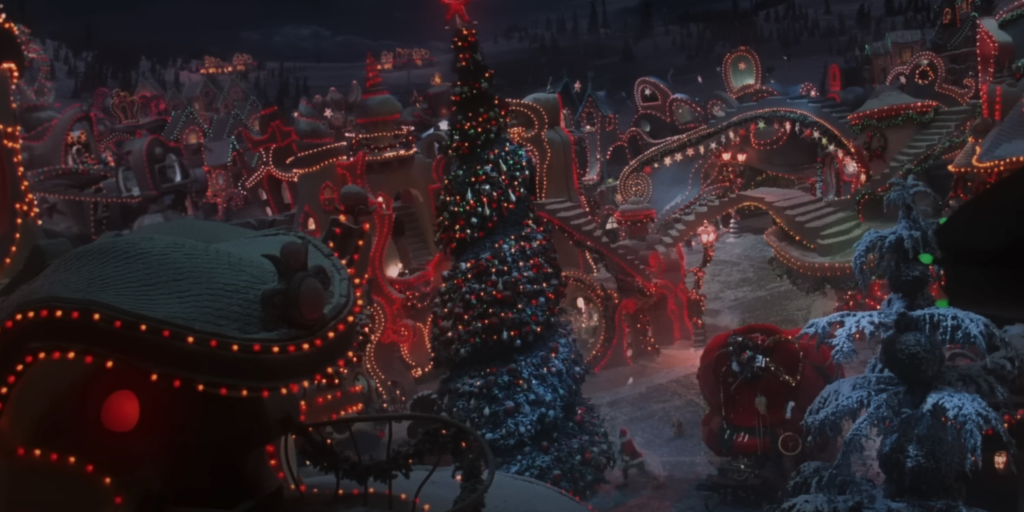 Whoville in How the Grinch Stole Christmas | Universal
Whoville in How the Grinch Stole Christmas | Universal He sneaks into town, swipes the decorations, snags the presents, and even takes away their holiday feast. But his grand scheme to ruin the holiday backfires when the Whos gather to celebrate anyway, showing him that Christmas is about more than material things.
Since its publication, the Grinch’s journey has been brought to life in three adaptations. First, the 1966 animated special, with Boris Karloff’s narration, became a timeless favorite, thanks to its memorable animation and the tune You’re a Mean One, Mr. Grinch.
In 2000, Jim Carrey gave the Grinch new life in a live-action version, revealing more of his backstory and struggles. Most recently, in 2018, a vibrant animated reboot reintroduced the story with fresher visuals for the modern generation.
 A cynical grump who goes on a mission to steal Christmas | Universal
A cynical grump who goes on a mission to steal Christmas | Universal Now, if you’ve ever been stuck in a two-hour line for Black Friday deals or had a neighbor’s Christmas lights blink straight into your living room at all hours, you might understand why someone wouldn’t love this season.
But the Grinch? He absolutely hates Christmas. And unlike the rest of us, who might just grumble through, he wants to end the holiday for everyone in Whoville.
But why? What would make someone hate Christmas so much that they’d turn into a one-Greenman crew of destruction? Whatever the reason, there’s a story behind the Grinch’s grumpiness. And it’s more relatable than you might think.
Let’s dive into the five big reasons why the Grinch hates Christmas and see if we can understand him a little better. After all, we all have our moments, don’t we?
1 Childhood wounds and rejection hurts, even in Whoville
It is not like The Grinch just woke up one day and decided to hate Christmas. His feelings were shaped by years of rejection and loneliness. Growing up in Whoville, the Grinch was different. Green, furry, and a little awkward – he never quite fit in.
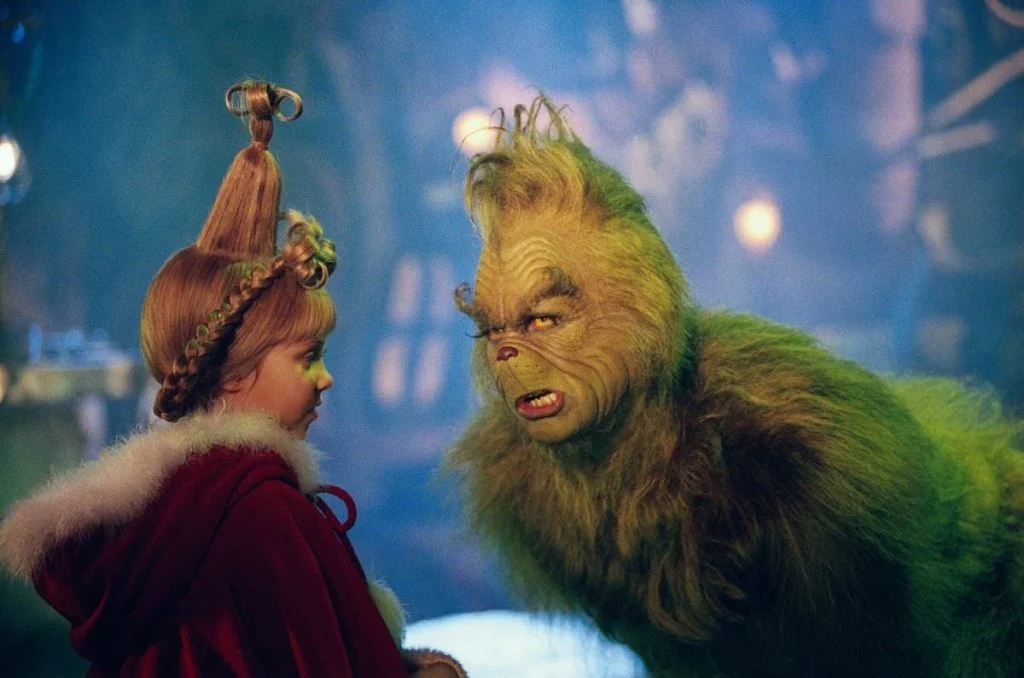 Jim Carrey as the Grinch in the live-action film | Universal
Jim Carrey as the Grinch in the live-action film | Universal In Jim Carrey’s 2000 live-action film, we see just how much those early experiences shaped him. As a young boy, the Grinch tried to join in the holiday festivities. He even made a heartfelt Christmas gift for his crush—that is kind of adorable, right?
But when he showed up at school, he was mocked for his appearance. Kids being kids, they laughed at him for being different. That one moment of humiliation was enough to scar him for life. And so, he lashed out, climbed up Mount Crumpit, and never came back down.
Well, his ostracization didn’t stop there. The Whos weren’t shy about their dislike of anyone who didn’t fit their mold of cheerfulness either, and the Grinch was an easy target. Even his best efforts to assimilate, like shaving his face to look more “presentable”, ended in disaster. For the Grinch, Christmas became a symbol of everything he couldn’t have – love, belonging, and acceptance. Every carol sung and every bell rung must have reminded him of the warmth he’d been excluded from.
2 The noise, the noise, and you guessed it, the noise
If there’s one thing the Grinch can’t stand, it’s noise. And Whoville at Christmas, of course, it is going to get loud. The Whos are big on celebrations, and their version of “silent night” probably includes a 50-piece marching band.
 A still from the live-action film | Universal
A still from the live-action film | Universal For someone like the Grinch, who craves peace and quiet, the constant racket of holiday cheer must have been unbearable. It is in his words, that the Grinch exclaims “the noise, noise, noise!” Let’s not pin it all down to just Christmas noise either, it was the year-round cheer of the Whos.
From their frequent singing to their over-the-top positivity, the Grinch had no respite from the sounds of Whoville. Imagine living near neighbors who throw constant parties and never seem to consider how their joy affects you.
Have you ever wanted to throw a pillow over your head during a particularly loud holiday party or wish your neighbors would take down their clanging decorations? The Grinch just wanted a little peace, and honestly, so do we. His attempt to silence the Whos may have been drastic, but it came from a place we can all understand.
3 Materialism ruined the magic
Another big reason for the Grinch’s hatred could be The Whos’ obsession with stuff. From the decorations to the endless gift-giving, Christmas in Whoville tends to become all about the material things. While the Whos were busy buying and decorating, The Grinch was sitting up on his mountain surrounded by their discarded trash.
 A still from the live-action film | Universal
A still from the live-action film | Universal Dr. Seuss’s original story was, in many ways, a critique of the commercialization of Christmas. And the Grinch embodied that sentiment. He wasn’t wrong to feel frustrated. Suffice it to say, when the holiday becomes more about flashy lights and expensive presents than love and connection, it loses something important.
In Whoville, the presents and feasts overshadowed the true spirit of Christmas. The Grinch, watching from his lonely perch, couldn’t help but notice how superficial it all seemed. Even when he attempted to sabotage the festivities by stealing gifts, decorations, and even the “roast beast,” the Whos’ reaction would catch him off guard. They celebrated anyway, proving that maybe the materialism he loathed wasn’t as ingrained in them as he thought.
4 The weight of loneliness
Loneliness is a heavy thing, and the Grinch carried it with him every day. Living alone atop Mount Crumpit, his only company was his loyal dog, Max. While the Whos sang and celebrated together, the Grinch sat in isolation, stewing in bitterness.
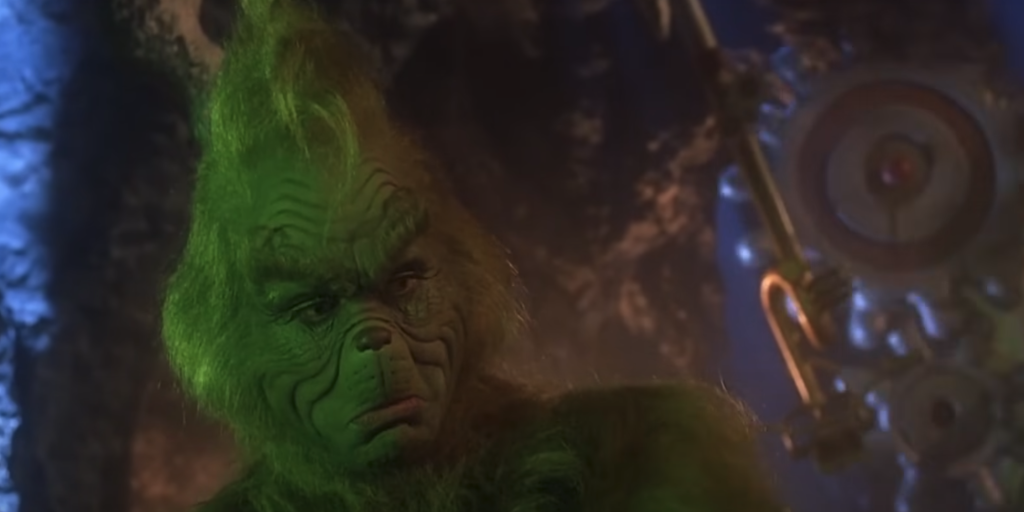 A still from the live-action film | Universal
A still from the live-action film | Universal His solitude wasn’t entirely by choice, though. The Whos’ rejection had driven him to live apart from them, and over time, that separation became his identity. But humans (or green, furry creatures) aren’t meant to be alone. Without connection, his bitterness seemed to only deepen.
We see glimpses of this in the movie when the Grinch talks to himself, holds full conversations with Max, and even creates contraptions to interact with his surroundings. His isolation was self-imposed, yes, but it was also reinforced by years of bullying and exclusion.
We’ve all felt lonely at some point, especially during the holidays. So, it’s kind of important to reach out—to friends, family, or even the grumpy green guy up the hill. Sometimes, all it takes is one person, like Cindy Lou Who, to make a difference.
5 A heart too small and shoes too tight
And finally, the explanation that has already done plenty of rounds, his heart was “two sizes too small,” and his shoes were too tight. While these might seem like rather whimsical and literal details, they actually hint at something else. The Grinch’s “small heart” could represent emotional stuntedness and a difficulty in expressing or even feeling love.
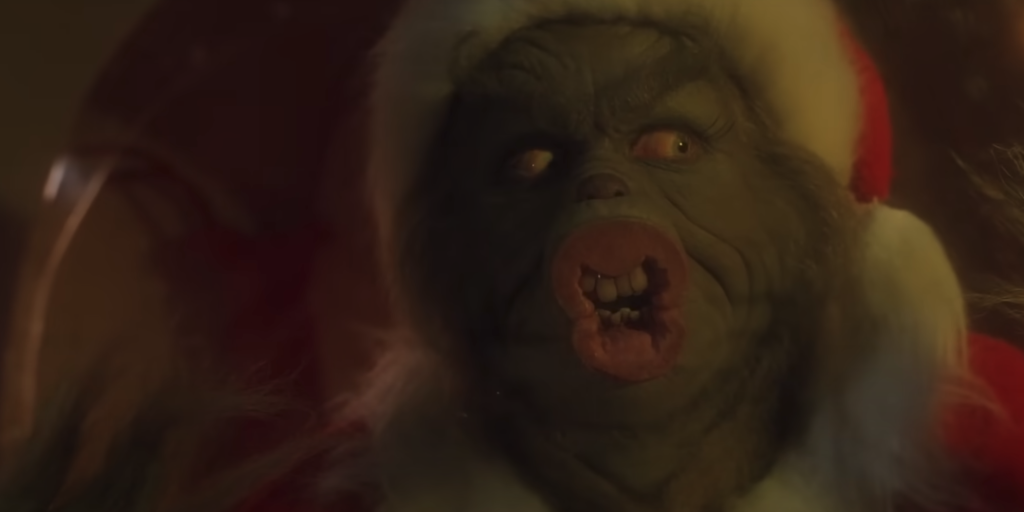 A still from the live-action film | Universal
A still from the live-action film | Universal The shoes, perhaps, stand for the discomfort in general—physical or emotional. Ever tried to get through a long day with shoes that pinch your toes? It’s enough to put anyone in a bad mood. The Grinch’s physical struggles weren’t limited to his shoes, though. Living in a cave, wearing secondhand clothing, and scavenging for his needs, he lacked the comforts the Whos took for granted.
Even the Grinch, however, wasn’t beyond redemption. When he saw the Whos celebrating without their gifts and decorations, he realized that Christmas wasn’t about stuff or noise, it was about love and togetherness. His heart grew, and so did his capacity for joy.
So, next time you see someone rolling their eyes at holiday cheer, maybe take a page out of Cindy Lou Who’s book. Who knows? You might just help their heart grow three sizes, too.
.png)
 1 week ago
20
1 week ago
20


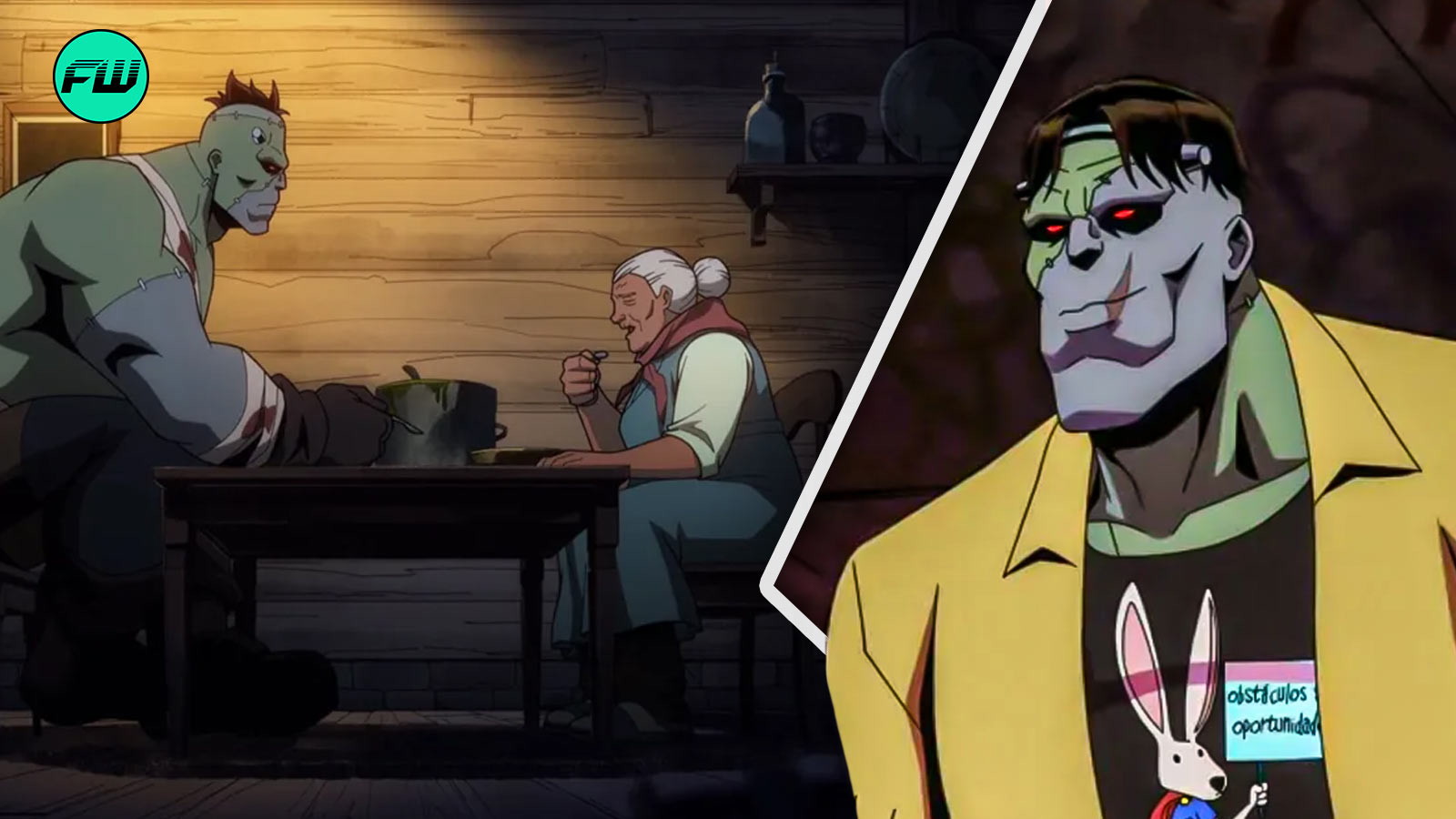

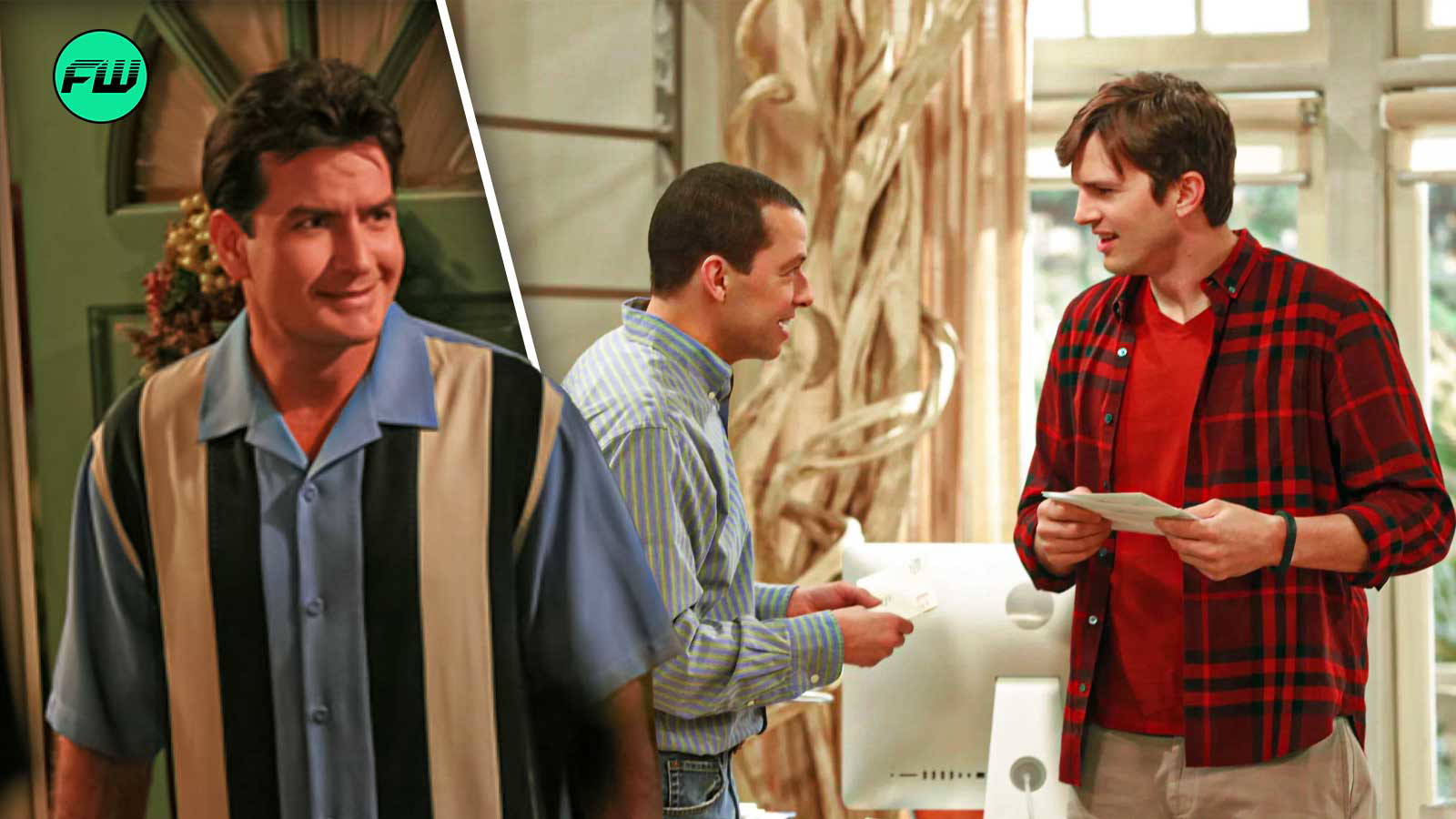

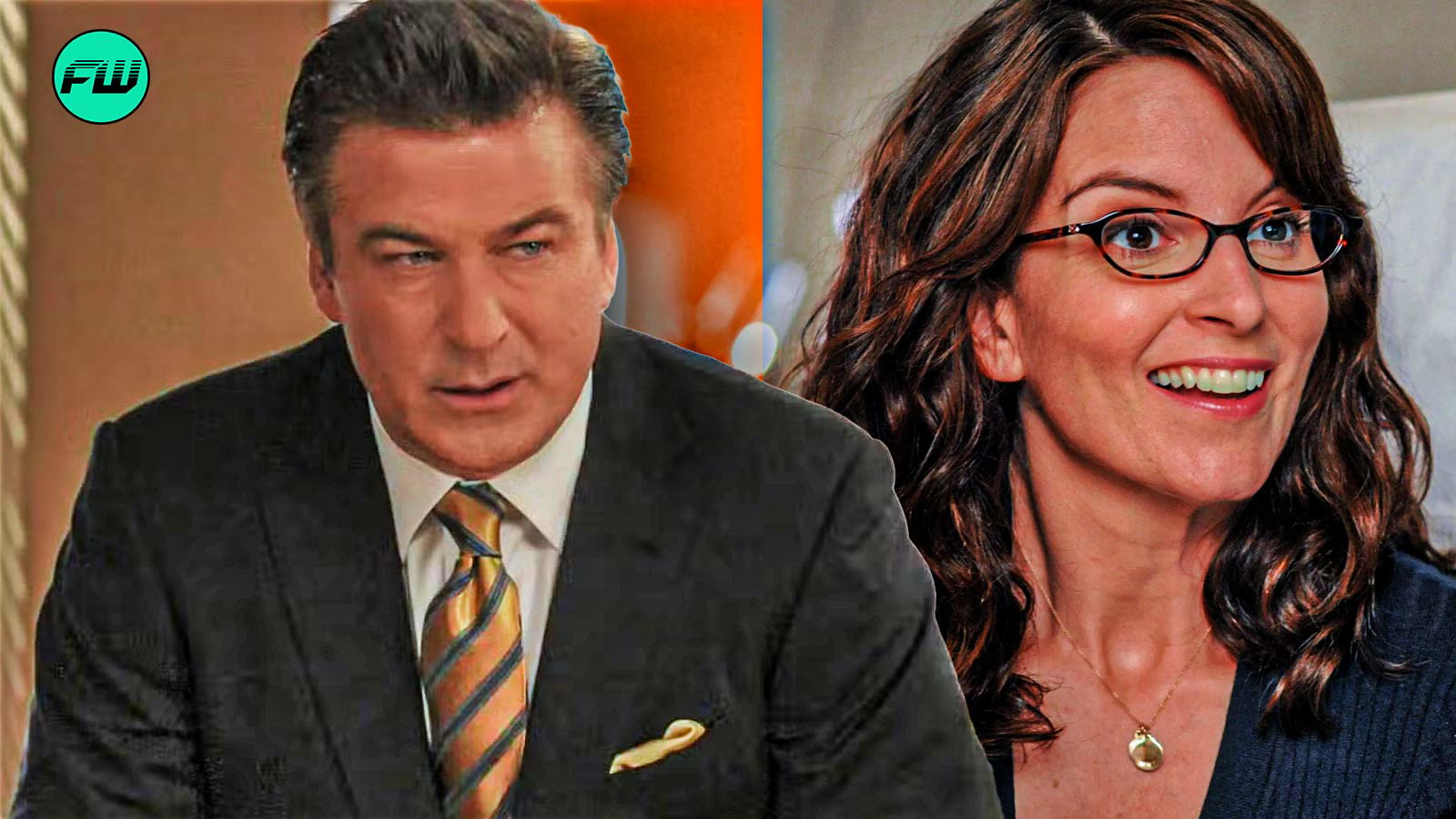


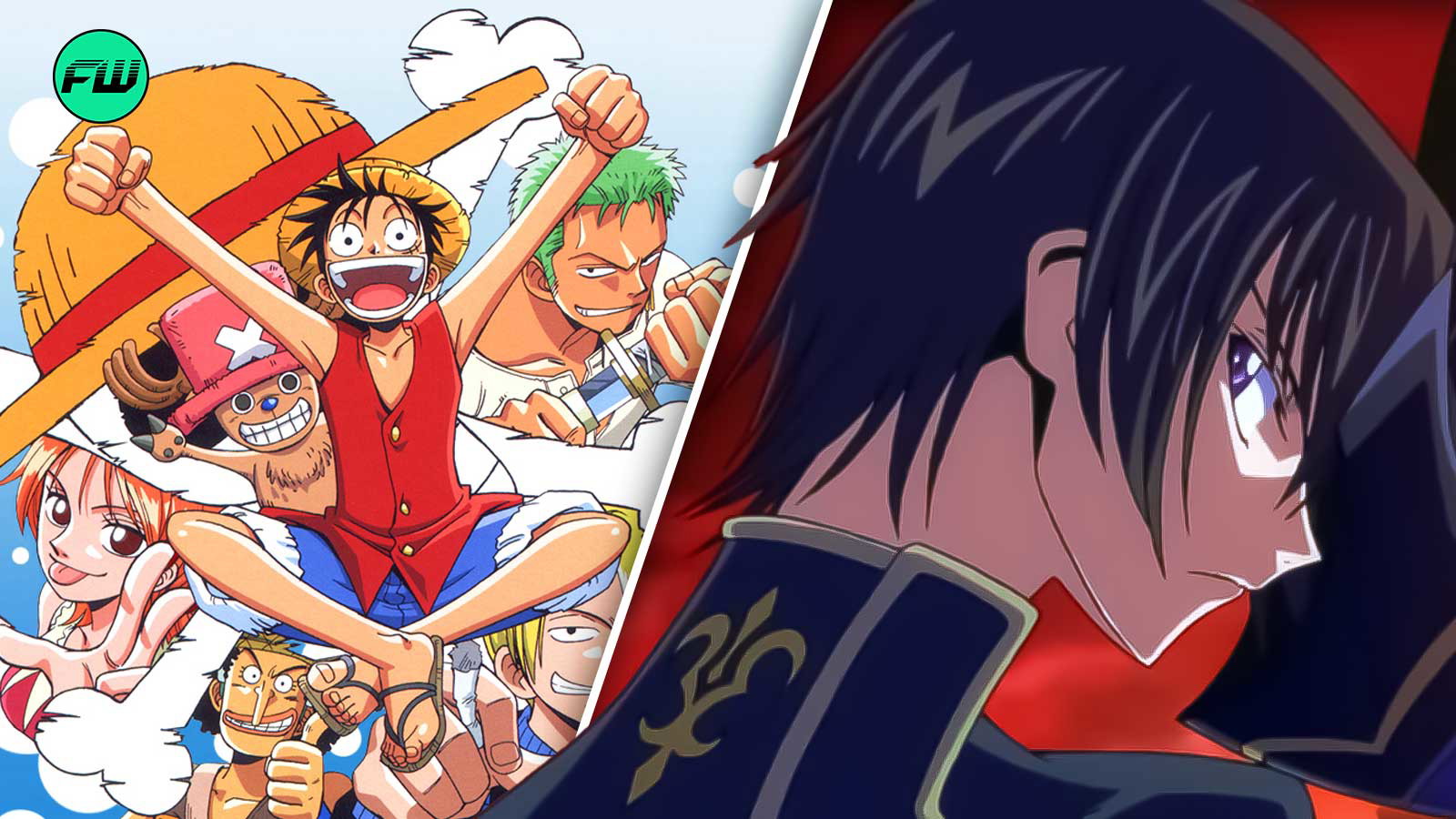
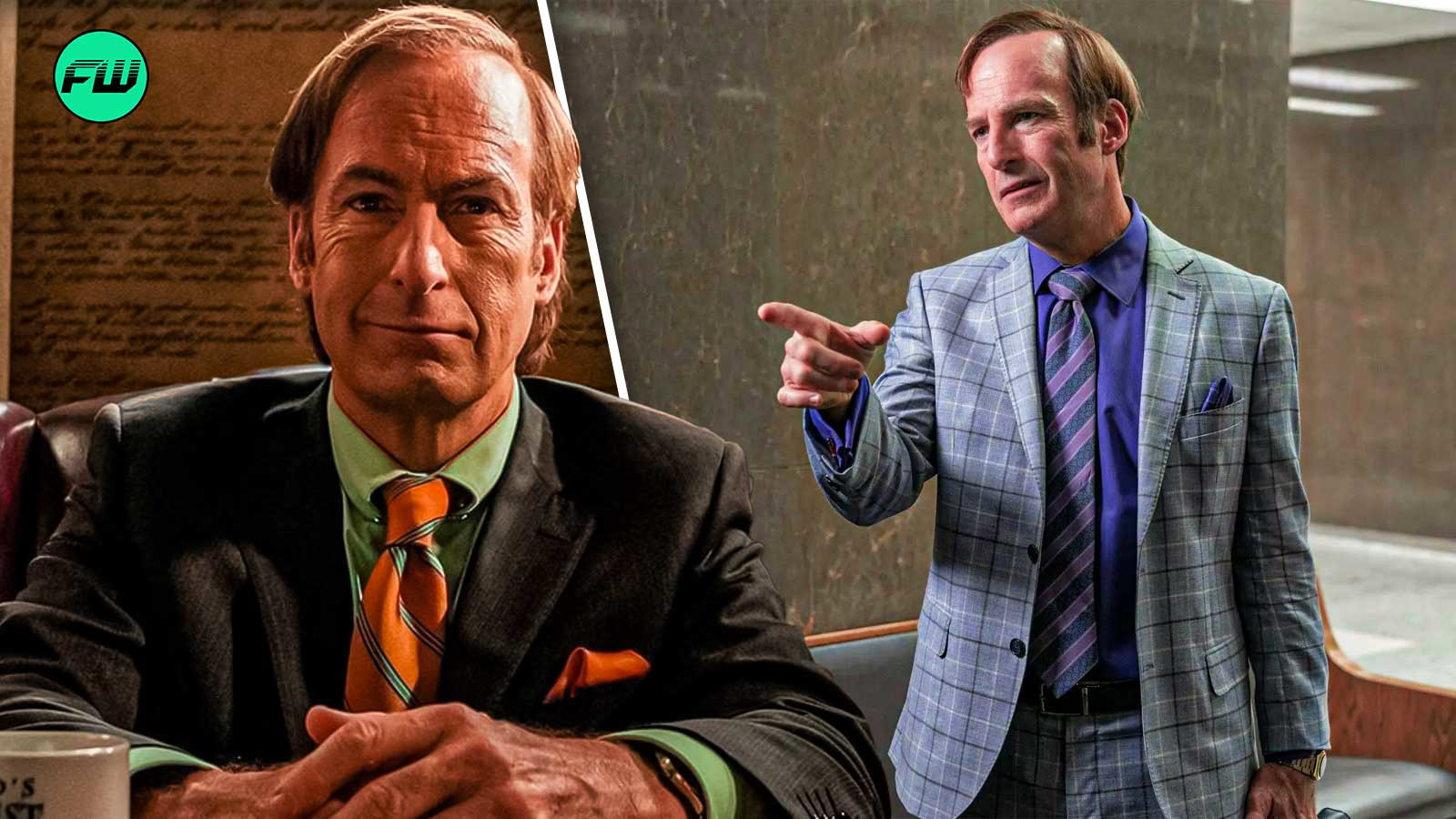























 Bengali (BD) ·
Bengali (BD) ·  English (US) ·
English (US) ·